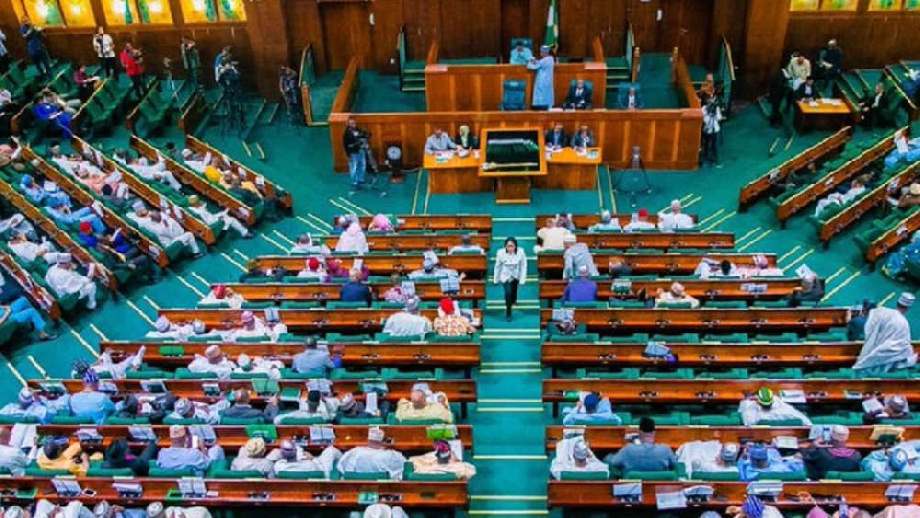
The House of Representatives, on Thursday, approved the ₦54.9 trillion 2025 Appropriation Bill, marking a significant step in the country’s fiscal planning.
According to the presidency, the budget is designed to address key national financial commitments, ensuring adequate funding for critical sectors.
The breakdown of the budget includes:
- Total Expenditure: ₦54.99 trillion
- Statutory Transfers: ₦3.65 trillion
- Recurrent (Non-Debt) Expenditure: ₦13.64 trillion
- Capital Expenditure: ₦23.96 trillion
- Debt Servicing: ₦14.32 trillion
- Fiscal Deficit: ₦13.08 trillion
- Deficit-to-GDP Ratio: 1.52%
President Bola Tinubu had earlier revised the proposed 2025 budget from ₦49.7 trillion to ₦54.2 trillion on February 5, citing additional revenue generated by key government agencies.
The President formally communicated the budget adjustment in letters addressed to both the Senate and the House of Representatives. The letters were read during Thursday’s plenary by Senate President Godswill Akpabio.
President Tinubu explained that the increase was primarily driven by additional revenues, including ₦1.4 trillion from the Federal Inland Revenue Service (FIRS), ₦1.2 trillion from the Nigeria Customs Service (NCS), and ₦1.8 trillion generated by other government-owned agencies.
The passage of the budget underscores the government’s commitment to fiscal responsibility and economic growth, with an emphasis on funding statutory obligations, infrastructure development, and debt servicing.


